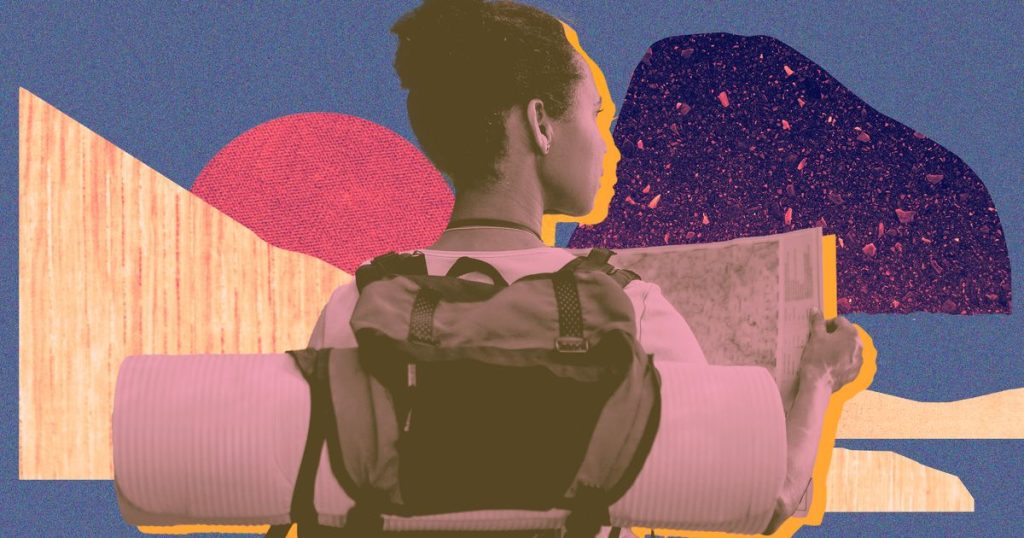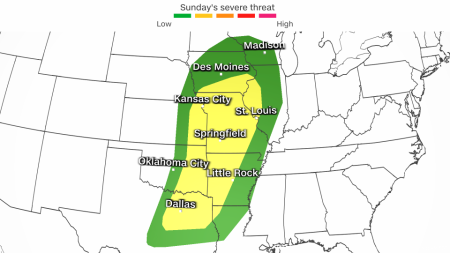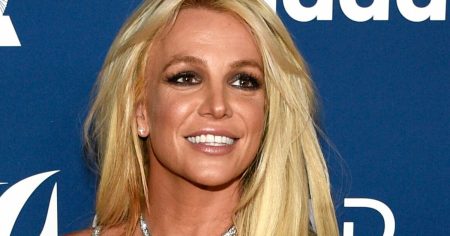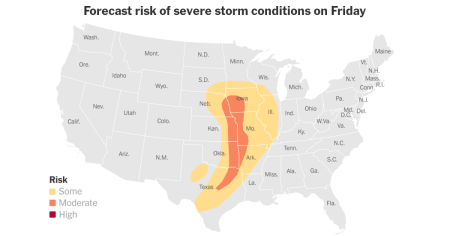The author reflects on her personal journey to hiking, a traditionally white-dominated outdoor activity, and sheds light on the barriers that prevent many Black women and nonbinary individuals from participating in outdoor recreation. These barriers range from historical segregation that excluded Black people from public parks to biased perceptions that make them feel unwelcome on trails. Safety concerns, lack of access to green spaces, and the cost of gear are additional factors that contribute to the underrepresentation of Black individuals in hiking.
Despite these challenges, Black women are pushing to change the narrative and create a more inclusive outdoor community. Representation plays a crucial role in this shift, as seeing people who look like them in nature can inspire others to take up hiking. Groups such as Black Girls Hike and Black Girls Trekkin’ are fostering a sense of camaraderie among Black women in the outdoors and building a support system that allows them to enjoy nature unapologetically. By coming together, these groups are not only increasing safety on the trails but also advocating for better representation and accessibility within the outdoor industry.
The importance of solidarity and sisterhood among Black women in hiking is emphasized, as these connections provide a sense of empowerment and joy in being able to take up space in nature. By challenging the status quo and actively engaging in outdoor activities, Black women are reclaiming their right to enjoy the physical, mental, and social benefits of hiking. Through collective action and visibility, these individuals are reshaping the outdoor landscape and creating a more welcoming environment for all.
While acknowledging the potential risks of being hypervisible as Black women in outdoor spaces, the author highlights the healing power of nature and the importance of disconnecting from screens and technology. Despite feeling self-conscious at times, the transformative experience of being outdoors outweighs any discomfort or challenges faced by Black hikers. As the outdoor industry becomes more diverse and inclusive, there is hope that hiking and other outdoor activities will become accessible to a wider range of individuals, including Black women.
Ultimately, the author encourages everyone to consider taking a hike and experiencing the stillness and beauty of nature. By embracing the outdoors and supporting initiatives that promote diversity and representation, individuals can contribute to a more inclusive outdoor community. The stories shared by Black women who have found joy and connection through hiking exemplify the resilience and determination of those who are breaking down barriers and paving the way for a more equitable outdoor experience for all.














